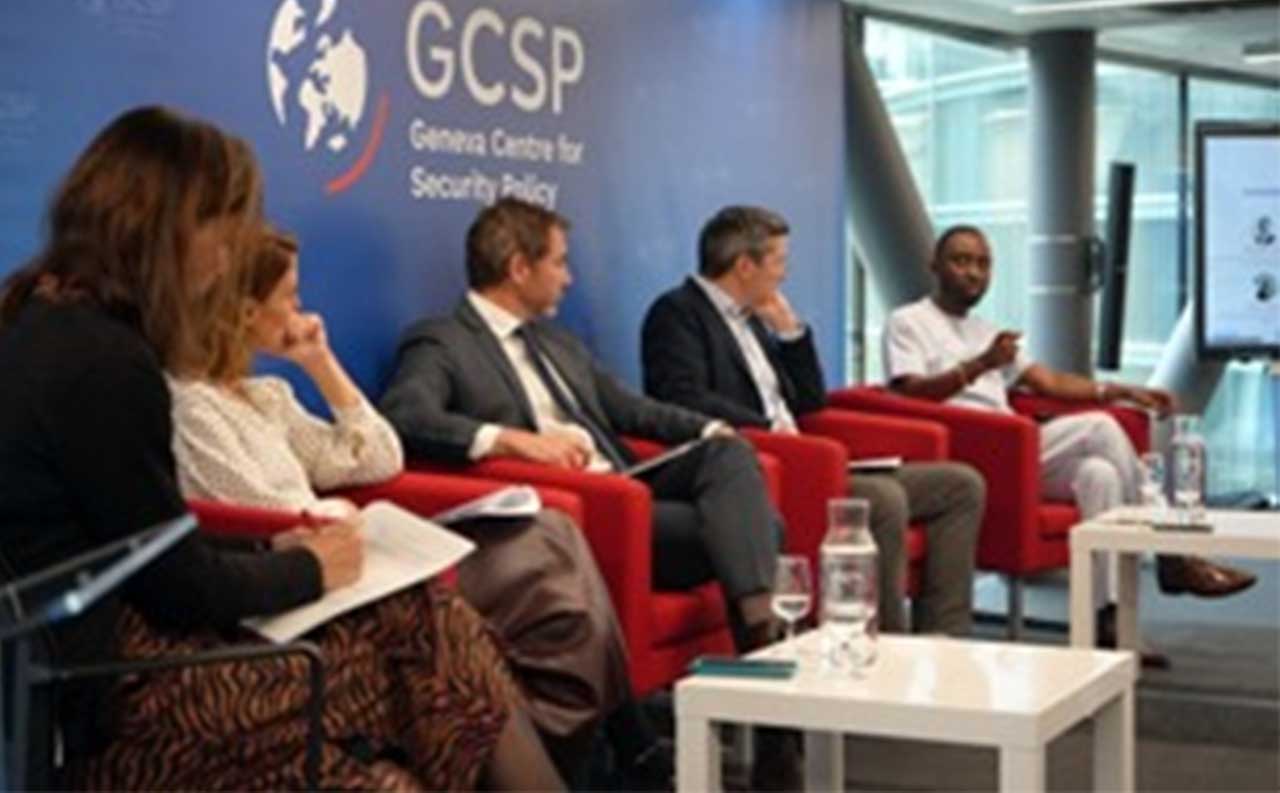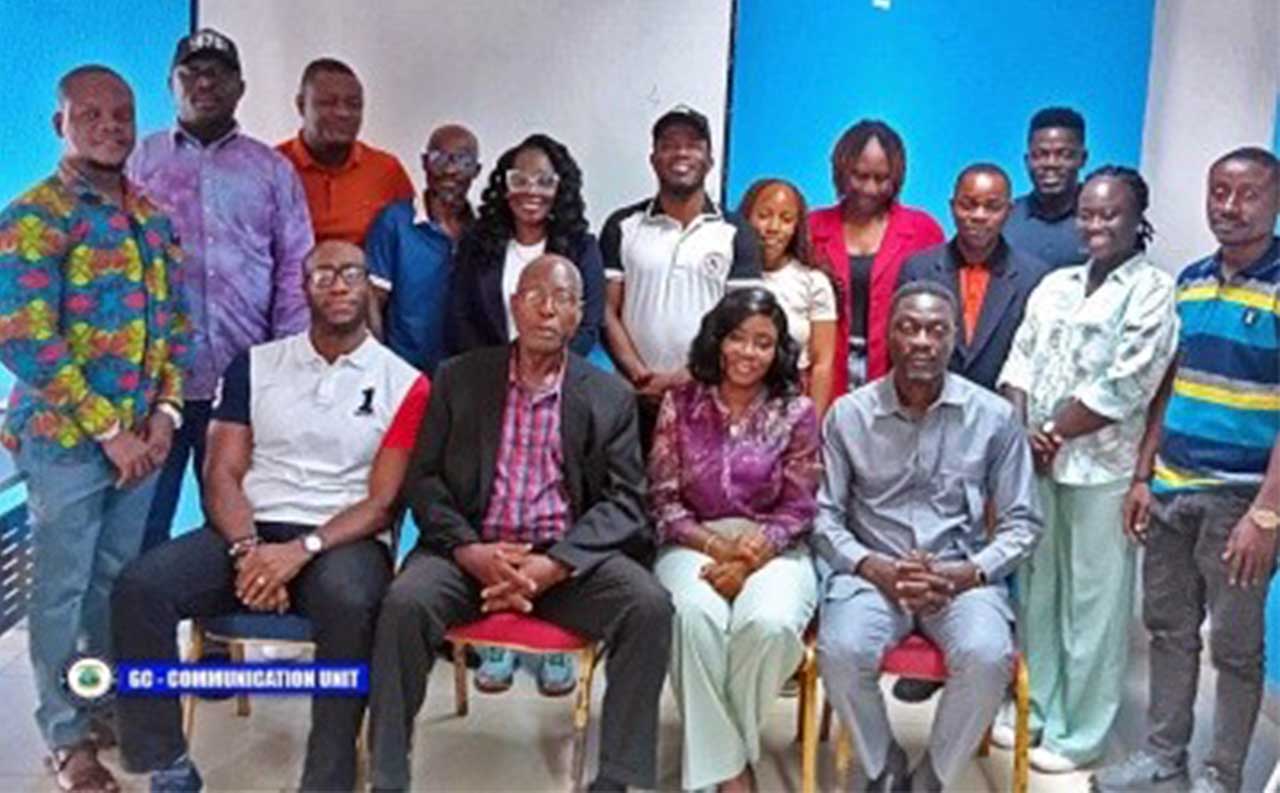Liberia’s grassroots peacebuilding experience took center stage during the 2025 Geneva Peace Week, as Trokon Redem McGee, Executive Director of Talking Drum Studio: Liberia Peace Center (TDS Liberia), joined global experts to discuss how Human Rights Due Diligence (HRDD) can be embedded in peacebuilding practice.
The high-level session, under the theme, “From Risk to Resilience: Embedding Human Rights Due Diligence in Peacebuilding,” was organized by the International Organization for Migration (IOM) and featured speakers from leading UN and academic institutions.
According to a release, the event was supported by IOM Geneva, with IOM Liberia facilitating McGee’s participation and sponsoring the Liberian delegation.
Those participating included Global Panel of Experts Panelists Adam Day, Head of Office, United Nations University Centre for Policy Research (UNU-CPR) Sara Ferro Ribeiro, Senior Human Rights Advisor, IOM, Ulrich Garms, Crime Prevention and Criminal Justice Officer, UNODC, and Trokon Redem McGee, Executive Director, TDS Liberia Peace Center.
Moderated under the Geneva Peacebuilding Platform, the discussion examined how HRDD can evolve from a compliance-based framework into a proactive mechanism for conflict prevention, accountability, and community resilience.
According to Sara Ferro Ribeiro, IOM has learned from field experience that HRDD is essential for preventing harm before crises erupt. “When human rights due diligence is fully integrated into peacebuilding, it strengthens institutional credibility and community trust,” she said.
Speaking on behalf of Liberia’s civil-society sector, Trokon Redem McGee explained that for countries emerging from conflict, HRDD is not simply a corporate safeguard – it is a pillar of sustainable peacebuilding.
“Liberia’s journey has shown that peace cannot endure where citizens feel excluded from decisions that shape their lives. Our work focuses on rebuilding trust -creating platforms where communities, government, and companies can engage directly and address risks before they escalate,” he noted.
Also, McGee highlighted TDS Liberia’s 25-year record of combining media, civic engagement, and human rights education to strengthen social cohesion. He referenced the organization’s current partnership with IOM under the GOLA REAP Project, which aims to reinforce gender equality and peacebuilding in Liberia’s border communities.
Under this project, TDS Liberia conducted a Gender Perception Survey to better understand gender dynamics and conflict drivers, particularly how gender roles, inequality, and exclusion contribute to local tensions. The findings are being used to inform dialogues, community engagements, and targeted awareness activities that promote inclusive peace processes and gender-sensitive governance,” he stated.
TDS Liberia Peace Center Executive Director, “Through participatory theatre, town-hall dialogues, video documentaries, and community radio, TDS Liberia continues to create safe spaces for citizens to express grievances and collaborate with local authorities. “Storytelling allows people to surface hidden risks and demand accountability.”
However, the Geneva panel underscored the need to bridge global frameworks with local realities. Ulrich Garms of UNODC spoke on aligning counter-terrorism responses with human-rights and reconciliation efforts, while Adam Day of UNU-CPR called for multi-layered risk analyses that address both the opportunity and motivation for violence.
At the gathering, the International Organization for Migration reaffirmed its commitment to advancing HRDD as a core component of humanitarian and development work. By sponsoring the participation of TDS Liberia, IOM Geneva and IOM Liberia demonstrated their shared goal of amplifying local voices in global policy debates.
Ribeiro noted that IOM’s partnership with national actors like TDS Liberia helps ensure that “migration, mobility, and peacebuilding intersect in ways that promote dignity, inclusion, and resilience.”



